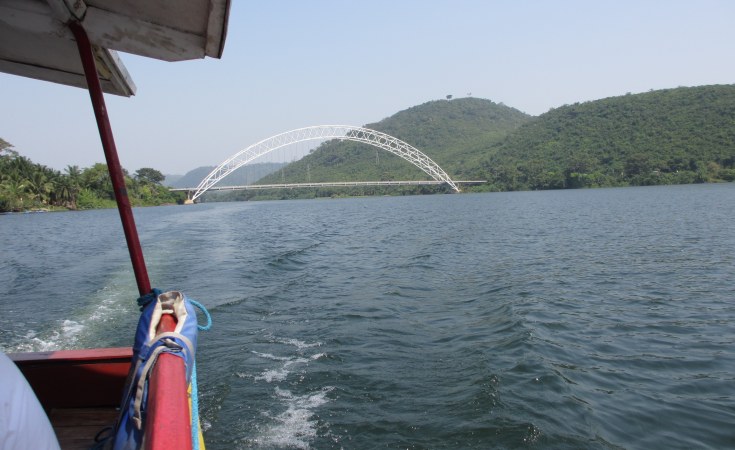SOLID waste in the form of plastic sheets and bottles is accumulating at an alarming rate in Zimbabwe, thereby threatening the well-being of animals, humans and marine life, environmentalists have said.
Much of the waste ends up in landfills, where it may take up to 1,000 years to decompose, leaching potentially toxic substances into the soil and water.
Researchers are warning that the impact of microplastics in soils, sediments and freshwater could have a long-term negative effect on such ecosystems.
Speaking during an environment symposium in Chinhoyi Thursday, Solid Waste Management Association (SWMA) president, Joshua Chimanga said plastics were life-threatening to domestic animals, wildlife, aquatic creatures and people if ingested, directly or indirectly.
"Plastic waste is life-threatening to animals, humans and marine life. As you know, most of the plastic ends up in the sea, if not picked," said Chimanga.
"Plastic pollution and accumulation of plastic products in the environment affects wildlife and humans. Plastic waste is devastating our environment and it is a big problem to solve.
"Waste must be carefully managed to ensure no harm is done to the environment, animals and people."
Chimanga called on municipalities, which are the responsibile authorities in environmental stewardship, to capacitate community based organisations (CBOs), which help in picking litter and managing it.
"Waste management organisations and CBOs should be assisted in any possible way as they play a major role in cleaning the environment.
"They do not just clean the environment, but create employment in a way. They are also the primary producers for recycling companies, they add value to waste," said the SWMA president.
He called on government and councils to incentivise waste collectors and the entire recycling value chain as in the case in other sectors such as agriculture and mining.
Chimanga decried the high cost of transport to ferry waste, low rates offered by buyers, lack of equipment such as bailers, and personal protective wear (PPEs), and proper work stations.
Addressing the same gathering, Environmental Management Agency (EMA) planning and monitoring officer, Simbarashe Maduuro called upon urban and rural councils to strengthen CBOs involved in solid waste recycling as they play a vital role in curbing rampant littering and emergence of illegal dumps.
"CBOs help in scaling up recycling activities, lead and steer the national clean up programme. They complement activities of recycling companies and enhance waste recovery," said Maduuro.
He said 90% of solid waste generated in Zimbabwe was either reusable, recyclable or biodegradable.
He gave an example of polyethylene terephthalate, also known as PET, which is the name of a type of clear, strong, lightweight and 100% recyclable plastic that can be recycled to make strong roofing tiles, pavers and bricks.
Unlike other types of plastic, PET plastic is not single-use but is 100% recyclable, versatile, and made to be remade.
Delta Beverages, which was also represented at the symposium, was singled out as the largest producer of PET and was rallied to support CBOs to rid environs of litter.
Primarily, a waste PET procurement unit for Delta Beverages and other bottlers, PetrecoZim, represented at the function by Desire Ndudzo, pledged further capacitation of CBOs and payment of sustainable tariffs to suppliers.
Chinhoyi Municipality environmental health officer, Memory Gwezere reiterated council's resolve to support recycling activities.
She said the council promotes waste separation and sorting at its dumpsite, where cans, plastics and PET are collected for recycling by CBOs such as Kudiwa Waste to Energy Solutions (KWES) and Global Waste, which manufacture roofing tiles, pavers and picture frames.


